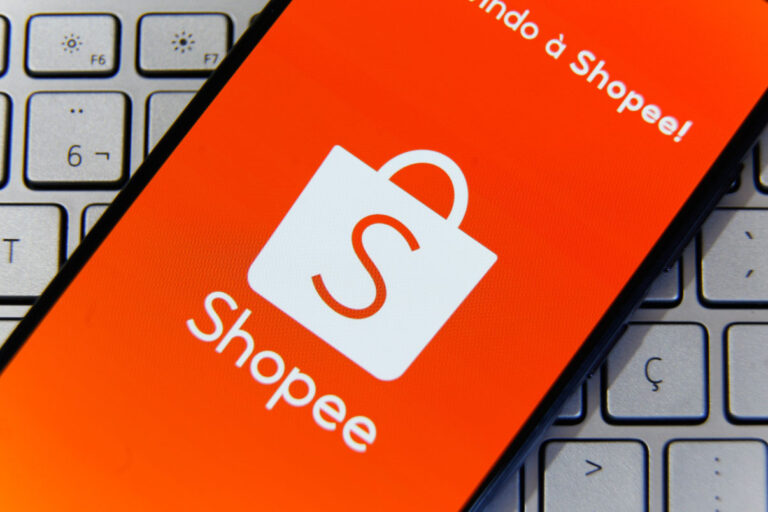Banco Bmg, a reference in payroll loans, has just launched a new digital self-service channel aimed at non-customers. Through the bank's application, anyone eligible to hire payroll loans will be able to access the offers without bureaucracy or the need to open an account. The novelty is part of Bmg's strategy to expand its proximity to addressable public of credit products, increasing the channels of offers and its capillarity via digital channel also to squares where there is no physical presence of the correspondents or help! 's network of bank credit stores with more than 830 units spread throughout the country.
The addressable market for payroll products is estimated at about 100 million people, among retirees and pensioners of the INSS, public and private employees. According to IBGE data, this total will have an increase of approximately 15 million new retirees and pensioners by 2031. Currently, the customer base of Bmg is 10.5 million users.
The new functionality of the application has as differential the possibility of hiring more than one line of credit simultaneously, in addition to various insurance.“One of the pillars for 2025 is to expand our presence within the payroll credit beyond our current user base, bringing agility to people who need the money simply and quickly. Focusing on the customer's need journey, it is possible to compare offers for hiring the one that makes the most sense for a given moment”, says Lauro Leite, director of Products at Banco Bmg.
Digital journey
The channel offers a fluid journey to the user, who can access the credit options in a simple and agile way by informing only the number of the CPF. In the application, it is possible to hire one or more products such as payroll loan, payroll credit card, payroll credit card benefit, anticipation of the FGTS withdrawals-birthday and insurance both in the products for the salaried public such as FGTS Life Insurance, and in the payroll products, such as the Prestamista Insurance on the Benefit Card. Persons over 18 years beneficiaries of the INSS or FGTS are eligible, upon analysis.
“O Bmg goes through a moment of digital transformation in which the focus is on the consumer experience and how technology can be an ally in the democratization of access to credit. Therefore we have developed a self-service channel, intuitive and safe, where it is possible to take a loan in a few steps, without having to have an” account, says Bruno Capelin, director of Growth at Banco Bmg.
The ease of access is also anchored in high security standards, with layers of protection such as authenticity seal, data check and biometric access.
The self-service channel can be accessed through the home screen of the Bmg Bank app, available for download in the online stores for iOS and Android.











